Understanding and Managing a Complex Condition
Depression is a common mental health condition that affects millions of people worldwide. While many individuals with depression can find relief with antidepressant medications, therapy, and lifestyle changes, some may continue to experience symptoms despite multiple treatments. This is known as treatment-resistant depression, a complex condition that requires specialized care and management. In this article, we will explore the causes, diagnosis, and treatment options for treatment-resistant depression.
Understanding Treatment-Resistant Depression
Treatment-resistant depression is defined as a lack of response to at least two different antidepressant medications at adequate doses and durations. The causes of treatment-resistant depression are complex and may involve genetic, environmental, and psychological factors. Some individuals may have a genetic predisposition to depression, while others may experience depression due to traumatic life events, chronic stress, or medical conditions such as chronic pain or neurological disorders.
Diagnosis of Treatment-Resistant Depression
Diagnosing treatment-resistant depression involves a thorough assessment of the individual’s medical and psychiatric history, symptoms, and treatment response. The healthcare provider will review the individual’s previous treatments, dosages, and durations of antidepressant medications, and assess for any underlying medical or psychological conditions that may be contributing to the depression.
Treatment Options for Treatment-Resistant Depression
Treatment options for treatment-resistant depression are complex and may involve a combination of medication, therapy, and other interventions. Here are some of the most common treatment options:
- Switching or Combining Antidepressants: The healthcare provider may switch to a different antidepressant medication or combine medications to target multiple brain pathways involved in depression.
- Augmentation Strategies: Augmentation strategies involve adding a medication, such as lithium or an antipsychotic, to enhance the effects of the antidepressant medication.
- Electroconvulsive Therapy (ECT): ECT is a highly effective treatment option for severe depression that has not responded to other treatments. It involves applying an electrical current to the brain to induce a seizure, which can reset brain activity and alleviate depressive symptoms.
- Transcranial Magnetic Stimulation (TMS): TMS is a non-invasive treatment that uses magnetic fields to stimulate the brain regions associated with mood regulation. TMS has been shown to be effective in the treatment of depression, including treatment-resistant depression.
- Psychotherapy: Psychotherapy, such as cognitive-behavioral therapy (CBT) or interpersonal therapy (IPT), can be effective in managing depressive symptoms and improving overall functioning.
- Lifestyle Changes: Lifestyle changes, such as regular exercise, healthy eating, and stress reduction techniques, can also be helpful in managing depressive symptoms.
Managing Treatment-Resistant Depression
Managing treatment-resistant depression can be a complex and challenging process. It may involve a trial-and-error approach to finding the right combination of treatments, and it may take time to see improvement in symptoms. It is essential to work closely with a healthcare provider who specializes in treating treatment-resistant depression and to communicate any changes in symptoms or side effects.
Conclusion
Treatment-resistant depression is a complex condition that requires specialized care and management. The causes of treatment-resistant depression are complex and may involve genetic, environmental, and psychological factors. Treatment options for treatment-resistant depression may involve a combination of medication, therapy, and other interventions. Managing treatment-resistant depression can be a challenging process, but with the right treatment and support, individuals can find relief from depressive symptoms and improve their overall quality of life.
